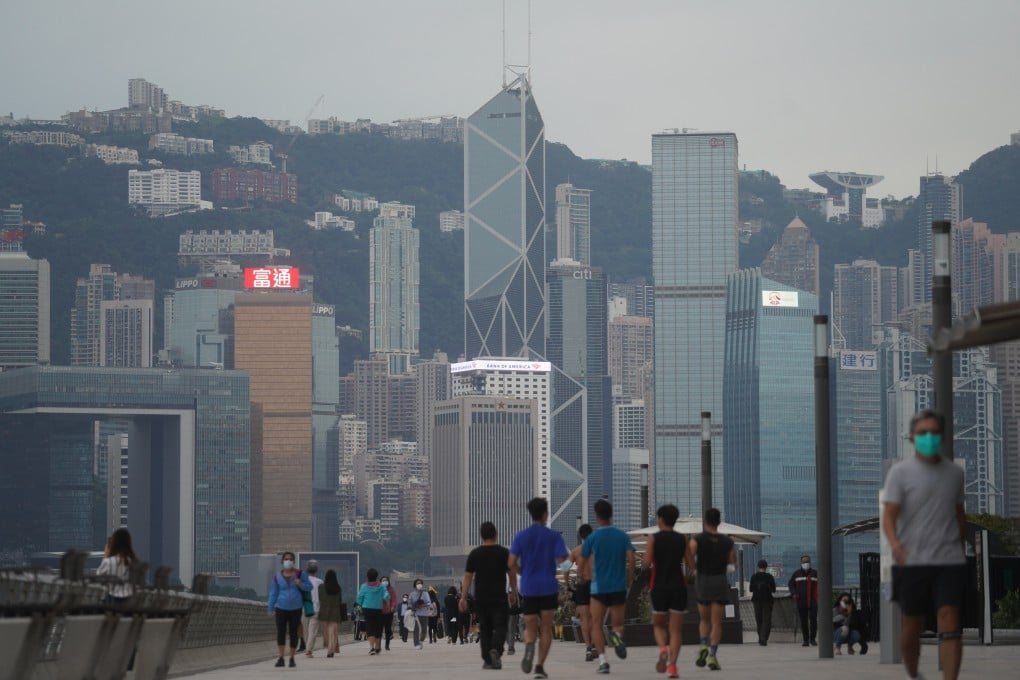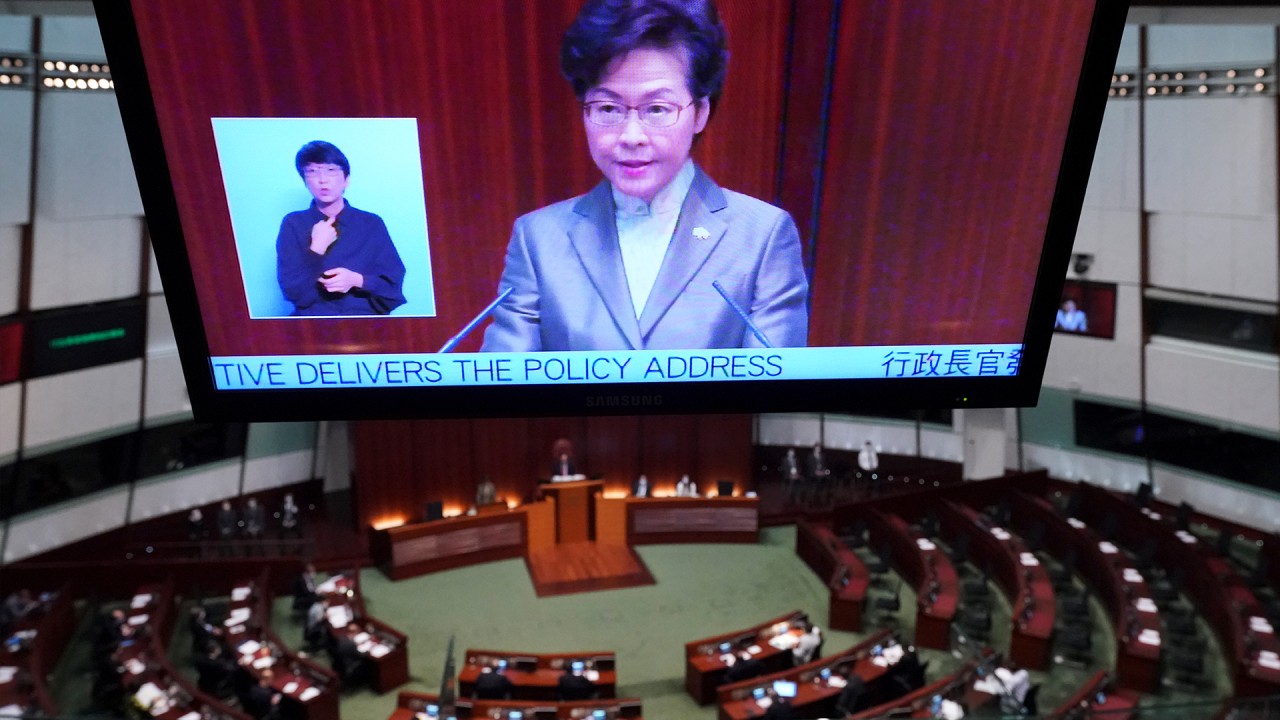Asian Angle | Hong Kong’s young people can be trusted with the city’s future. Give them a stake, and a chance
- The city needs economic diversification, and young Hongkongers can play an active part in its development through sharing the responsibility for change
- But there need to be more avenues where they can set the agenda and determine priorities for the good of their neighbourhoods and districts

But while this is a good start, Hong Kong must also start to share the responsibility for youth development with the city’s young people. Giving them a stake in designing Hong Kong’s future – and helping them feel that this stake actually means something – will help to counter feelings of disillusionment and resentment.
For a start, Hong Kong could and should play an important role in national, regional and global initiatives, such as Beijing’s pledge to achieve carbon neutrality by 2060. This policy could be truly transformative if the opportunity is captured, and enough people are willing to reimagine the city. But school trips and mandated curriculum are not going to encourage young people to buy into these projects. Instead, Hong Kong needs to start handing the ropes to up-and-coming young leaders … and not just the usual well-connected suspects.
Hong Kong, like many advanced economies, has a young population dissatisfied with the status quo, who worry about limited job prospects, instability, and a narrowing path to a good standard of living. But a pure economic framing misses the point that youth discontent is also driven by the sentiment that their interests are not represented in politics and policymaking.

04:47
Hong Kong leader Carrie Lam delivers 2020 policy address
After all, we can agree that the city’s success has also created a conservative status quo in key economic areas. From climate change to higher education, the interests of younger generations – an age range, in practice, that spans recent school graduates to parents in their early 40s – are seen to be neglected at a time when we need to revolutionise the economy with a view to its role, and the needs of the people, over the next 20-30 years.

